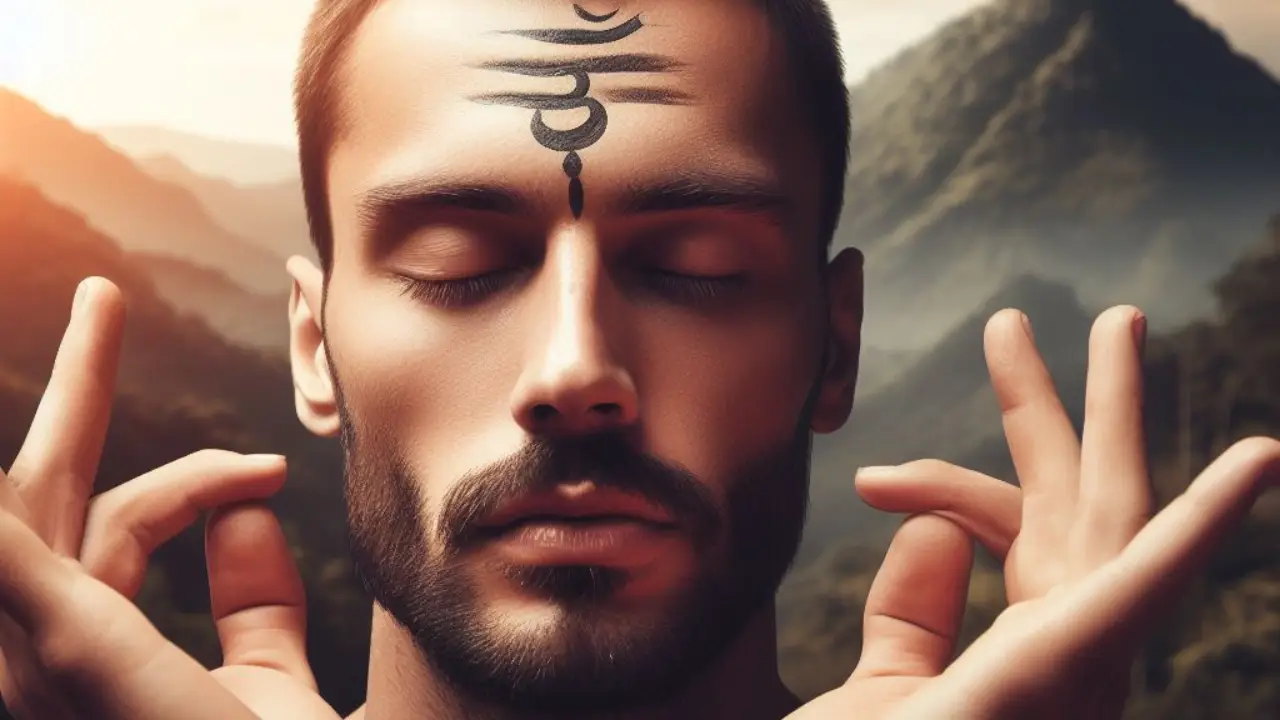Hinduism, one of the world’s oldest and most profound religions, has a history that spans thousands of years. It is a rich tapestry of beliefs, practices, and cultural traditions that have captivated the hearts and minds of millions. In this comprehensive guide, we delve deep into the essence by unlocking the soul of Hinduism, exploring its rituals, philosophy, and spiritual underpinnings.
The Pantheon of Gods and Goddesses: Symbols of Cosmic Forces
At the core of Hinduism lies a diverse pantheon of gods and goddesses, each representing different facets of divinity. Brahma, Vishnu, and Shiva symbolize the cycle of creation, preservation, and renewal, reflecting the eternal truths and cosmic forces governing the universe. Devotees seek wisdom, guidance, and protection from these deities.
Karma and Dharma: The Path to Spiritual Growth & Unlocking the Soul of Hinduism
Central to the Hindu way of life are the concepts of karma and dharma. Karma, the law of cause and effect, shapes one’s present and future experiences based on their actions. Dharma pertains to fulfilling righteous duties according to one’s station in life. Following dharma with sincerity leads to spiritual growth and liberation from the cycle of birth and death.
The Spiritual Journey and Liberation: Seeking Self-Realization
The spiritual journey in Hinduism is a quest for self-realization and union with the divine. The ancient scriptures, the Vedas and Upanishads, guide practitioners on this introspective path. Through meditation and contemplation, they aim to transcend the material world and attain moksha, liberation from the cycle of rebirth.
Meditation: Connecting with the Inner Self & Unlocking the Soul of Hinduism
Meditation is integral to Hindu practices, allowing individuals to quiet their minds and connect with their inner selves. By embracing meditation, Hindus foster peace, clarity, and spiritual awakening, understanding the interconnectedness of all living beings.
Rituals and Festivals: Expressions of Devotion and Unity
Rituals hold a crucial role in Hinduism, providing a means to express devotion and gratitude to the divine. Daily practices at home and grand celebrations during festivals, such as Diwali, Holi, and Navaratri, showcase the joy and unity within the religion’s cultural tapestry.
The Bhagavad Gita: Timeless Wisdom and Guidance
The Bhagavad Gita, one of Hinduism’s most revered texts, imparts timeless wisdom and guidance. A conversation between Prince Arjuna and Lord Krishna, it offers insights into duty, righteousness, and the nature of reality, encouraging courage, conviction, and detachment while upholding responsibilities.
Yoga: Harmonizing Mind, Body, and Soul
Yoga, a gift from Hinduism to the world, goes beyond physical exercise. It is a holistic practice that harmonizes the mind, body, and soul. Asanas, pranayama, and meditation aid in self-discipline, improved health, and spiritual growth.
Reincarnation: The Cycle of Birth and Death
A fundamental belief in Hinduism is reincarnation, where the soul undergoes multiple lifetimes. The cycle of birth and death is shaped by karma from past actions, fostering compassion and empathy for all interconnected beings on their unique journeys.
Conclusion: A Way of Life by Unlocking the Soul of Hinduism
Hinduism is not merely a religion and by unlocking the soul of Hinduism you can embrace diversity and eternal truths. It encourages individuals to explore their spiritual potential, respect all living beings, and seek harmony within themselves and the world. Its profound teachings resonate across cultures, inspiring countless individuals to embark on their spiritual journey and find solace in the divine presence that permeates all creation.

